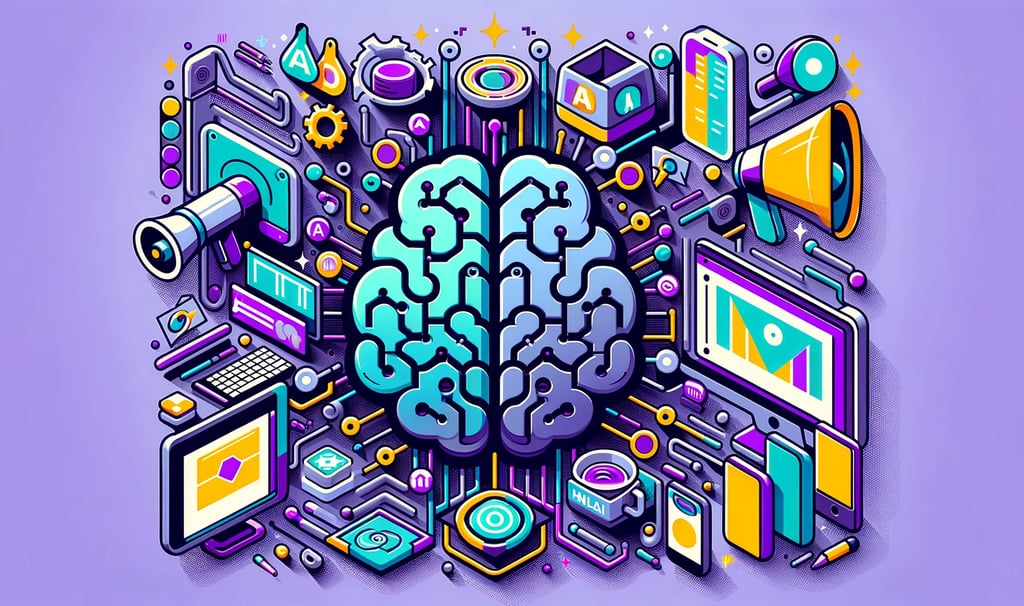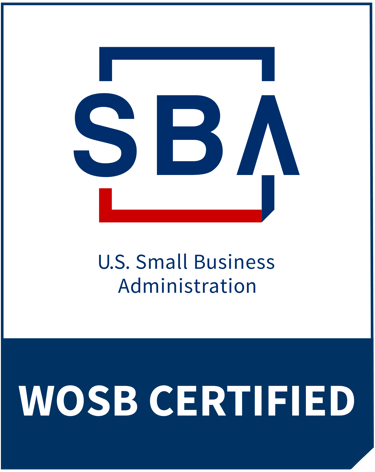Register for my upcoming The Marketing Engineer: Vibe Coding for Marketers course on Maven
Marketing in the age of AI: How AI is transforming marketing roles
Natalie Lambert
1/19/20243 min read


I think a lot about the distinction between marketing specialists and marketing generalists in today’s rapidly evolving AI-driven world (see footnote below). Traditionally, marketing roles have been clearly defined by domain—product marketing, SEO manager, digital strategist, and so on. However, AI is reshaping these roles, offering new opportunities and challenges. As someone who trains marketing teams to take advantage of AI, I've observed a pivotal shift: AI is not just altering the marketing playbook; it's redefining the players themselves.
AI is blurring the line between marketing specialists and generalists
The integration of AI into marketing will be nothing short of revolutionary—I believe this to my core. The tools, ranging from content generators like ChatGPT and Google Bard to sophisticated data analysis like Notable and GPT for Sheets, are reshaping what it means to be a marketing specialist. No longer confined to their niches, specialists are now leveraging AI to extend their expertise into areas that were once beyond their reach. For instance, a product marketer who traditionally focused on product positioning and messaging can now use AI to do their own customer data analysis. This leads to a deeper understanding of the customer, resulting in better targeting, messaging, and personalized content.
Marketing specialists will have the upper hand
In this new AI-augmented reality we all live in, marketing specialists are at a distinct advantage. The reason is clear: AI tools amplify their deep expertise, enabling them to apply their specialized knowledge more broadly and effectively. For example, an SEO specialist can now use AI tools to not only optimize content for search engines but also to generate creative content across channels that aligns with their SEO strategies, removing the need to bring in other teams or agencies. This fusion between deep expertise and AI's scalability is changing how work is done.
Marketing generalists will reach a point of diminishing returns
Generalists who have a diverse skill set that covers multiple marketing disciplines, but do not have deep expertise in one area, will face new challenges in the AI-driven marketing world. With AI tools empowering specialists to cover more ground efficiently, the breadth of skills that generalists offer is becoming less unique.
We are already beginning to see this play out with marketing agencies as internal teams can do the work they used to pay agencies for in less time and at a lower cost. The key for generalists is to find ways to adapt. This might mean focusing on emerging niches within marketing or learning to use AI in a way that complements their broad knowledge base. For example, as AI continues to churn out loads of data, generalists can hone their skills in interpreting this data and turning it into compelling stories.
We stand at a crossroads
It’s evident that AI is not just a tool—it’s a catalyst for a major transformation in marketing. For specialists, it's an opportunity to expand your skills and redefine your roles. For generalists, there is urgency right now. Find ways to blend your diverse skill set with AI, helping you become a creative problem-solver who can handle different parts of marketing, leading to a new area of expertise. The key to success in this new era is to embrace AI, use it to augment (or build) your deep expertise, and be willing to explore new areas within your specialty. The future belongs to those who can combine their domain knowledge with the power of AI to be more productive, make smarter decisions, and innovate more efficiently.
Footnote: When I talk about marketing specialists, I am referring to those who have deep knowledge in an area of marketing, also known as a domain expert. These roles are typically hired at larger companies and include roles like SEO, market research, email marketing, events, paid media, content marketing, and so on. When I talk about marketing generalists, I am referring to those who have knowledge across a broad range of marketing disciplines and can work on activities across the marketing funnel—however, they do not have deep knowledge in any one area. This role is typically hired within startups and smaller companies and these marketers can support website and product launches, events, demand generation campaigns, and more.

